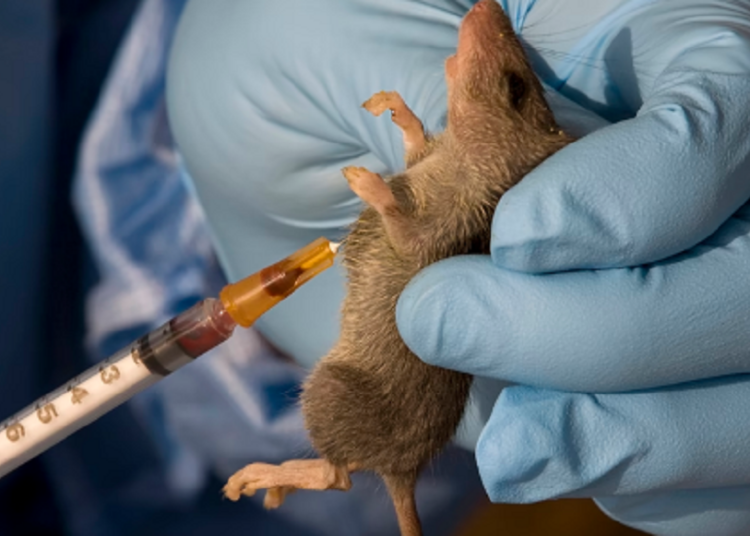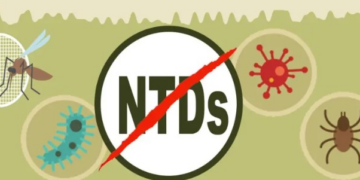Nigeria Centre for Disease Control and Prevention (NCDC) has said that Nigeria recorded 1,170 confirmed cases of lassa fever and 200 deaths from January to 3rd December, 2023.
NCDC disclosed this yesterday in its public health advisory on lassa fever, signed by its director-general, Dr Ifedayo Adetifa.
Adetifa said the country has continued to record a steady increase in states reporting lassa fever due to improved surveillance, better community awareness, environmental degradation from climate change and other deleterious human activities in the environment.
He said, “In 2021, 510 confirmed cases were reported across 17 states and 68 local government areas (LGAs), whereas in 2022, Nigeria reported 1067 confirmed cases across 27 States and 112 LGAs. In 2023 alone, 28 states and 114 LGAs have reported confirmed cases of Lassa fever and as of 3rd December 2023, there have been 8542 suspected cases, 1170 confirmed cases, and 200 deaths.”
However, the DG said that the NCDC’s Lassa Fever TWG has implemented strategic measures to enhance coordination, collaboration, and communication, enhancing preparedness and readiness for potential surges in lassa fever cases.
Lassa fever is an acute viral haemorrhagic fever (VHF) caused by the lassa virus. The natural reservoir for the virus is the mastomys natalensis rodent (commonly known as the multimammate rat or the African rat).
Adetifa, therefore, urged Nigerians to always keep their environment clean, block all holes in their houses to prevent the entry of rats and other rodents.
“Cover your dustbins and dispose of refuse properly.
Communities should set up dump sites far from their homes to reduce the chances of the entry of rodents into their homes.
“Safely store food items such as rice, garri, beans, corn/maize, etc., in tightly sealed or well-covered containers. Avoid drying food stuff outside on the ground or roadside, where it is at risk of contamination,” he added.





